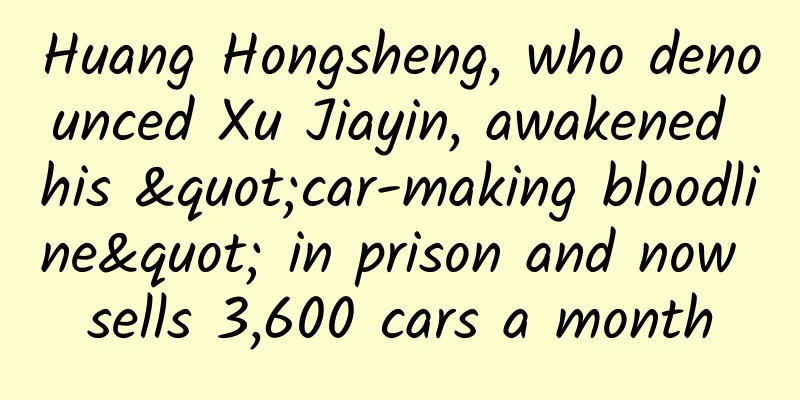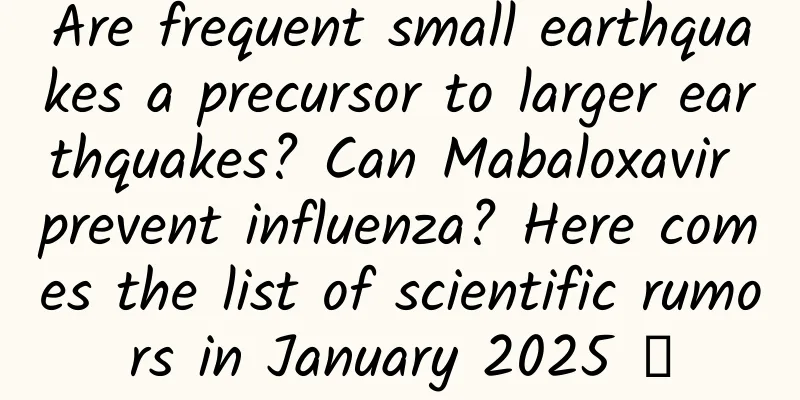US-South Korea auto trade deficit appears, Trump accuses South Korea of setting up barriers

|
According to foreign media reports, US President Trump accused South Korean automakers of selling vehicles in the United States, while American automakers are struggling to gain a foothold in the South Korean market. Last Friday (June 30, 2017), Trump and South Korea's new President Moon Jae-in held a press conference at the White House. Trump said: "South Korean car companies sell cars in the United States. According to the principle of reciprocity, American car companies should also enjoy the same preferential treatment in South Korea. I am sure that both sides can resolve this issue." Trump and Moon discussed the U.S.-South Korea trade agreement, saying it was reached during the administration of former U.S. President Barack Obama. Trump claimed that the agreement was not a good deal for American workers. “In the 2011-2016 period, the United States and South Korea signed this trade agreement, and you know who signed the agreement, and you know who was willing to sign the agreement, and our trade deficit was over $11 billion, which was really not a good deal,” Trump said. Moon Jae-in responded through an interpreter that he had a "lengthy and frank conversation" with President Trump during his visit to Washington, but he did not mention Trump's comments on the two Korean automakers, Hyundai and Kia. Under the 2012 Korea-U.S. Free Trade Agreement (KORUS), South Korea reduced its tariff on U.S. autos from 8% to 4% and eliminated the tariff in 2016. Obama administration officials have said that after the signing of the Korea-U.S. Free Trade Agreement, the U.S. Detroit Big Three (Ford, GM, FCA) increased their auto exports to South Korea by 24% by 2014. “Since the U.S.-Korea Free Trade Agreement took effect, South Korea’s trade balance has quadrupled, with the largest trade surplus being in automobiles,” said U.S. Commerce Secretary Wilbur Ross. “South Korea has many non-tariff trade barriers against U.S. exports.” “The Detroit Three only have 25,000 cars based on U.S. standards, and if they exceed that they need to adopt Korean standards,” Ross said. “This type of rule-making affects many industries and limits U.S. companies’ access to the Korean market.” U.S. automakers have pointed to the trade deficit and have accused the South Korean government of manipulating the currency to ensure that Korean automakers can reap higher profits. “Clearly, the results of the U.S.-Korea Free Trade Agreement have been mixed for U.S. automakers and have not met expectations,” Matt Blunt, president of the American Automotive Policy Council (AAPC), said on Friday. “There is no doubt that the Korean market is the most difficult export market for any automaker to penetrate. We are very pleased that the U.S. authorities have taken note of the practical challenges in implementing the trade agreement.” South Korean automakers Hyundai and Kia have built manufacturing plants and other facilities in the U.S. According to Hyundai's official data, more than half of the vehicles sold in the U.S. are produced in its Montgomery, Alabama plant. Kia's situation is similar, with 40% of its vehicles produced in its West Point, Georgia plant. The two companies have not yet commented. General Motors Korea, which is now the third-largest automaker in South Korea, sold 180,275 vehicles in 2016, according to data compiled by IHS Automotive. Its data shows that imported vehicles accounted for only 10% of its sales in South Korea in 2016. Hyundai's sales in the U.S. in 2016 were 775,005 vehicles, up 1.75% year-on-year. Kia's sales in the U.S. in 2016 were 647,598 vehicles, up 3.5% year-on-year. Karl Brauer, a senior analyst at Kelley Blue Book, said Trump made a valid point about South Korea's trade barriers to U.S. automakers' exports, but he said creating a level playing field would not ensure that the Detroit Three and South Korean automakers would have equal status in free trade. As a winner of Toutiao's Qingyun Plan and Baijiahao's Bai+ Plan, the 2019 Baidu Digital Author of the Year, the Baijiahao's Most Popular Author in the Technology Field, the 2019 Sogou Technology and Culture Author, and the 2021 Baijiahao Quarterly Influential Creator, he has won many awards, including the 2013 Sohu Best Industry Media Person, the 2015 China New Media Entrepreneurship Competition Beijing Third Place, the 2015 Guangmang Experience Award, the 2015 China New Media Entrepreneurship Competition Finals Third Place, and the 2018 Baidu Dynamic Annual Powerful Celebrity. |
>>: Originated from Europe? Is Philips TV a genuine Chinese product or a fake foreign one?
Recommend
Another sighting? Is it the truth or the Loch Ness Monster?
In June 2023, French tourists Etienne and Eliane ...
"The Biography of Zeng Guofan" - Zhang Hongjie Baidu Cloud Download
Biography of Zeng Guofan - Preface by Zhang Hongj...
JD.com’s 6.18 event has lasted for a month. What operational weapons does it have?
When you think of June 18, 2017, what’s the first...
Don’t judge an owl by its appearance. Owls are so smart!
Leviathan Press: In Japanese culture, the pronunc...
The whole process of an Internet product from idea to realization
A good product has three basic conditions: value,...
How many steps are needed to neatly fold three parachutes the size of basketball courts and put them into the return capsule?
The main parachute has an area of 1,200 square ...
Can you actually pick up cultural relics in the green belt?
How to relieve stress in this stressful time? Why...
A new feature of Douyin information flow is launched, come and unlock new postures~
As short videos have become an important tool for...
In the midst of the unprecedented New Year's Eve haze, we have 8 exclusive secrets for operators
Today is January 4th, the second day after return...
Bird nests are not for sleeping? I was surprised after reading this!
When most people think of a "bird nest,"...
New sound-sensing fabric - this "sweater" can hear your heartbeat
Recently, engineers from the Massachusetts Instit...
After watching 1,000 videos, we summarized 10 ways to make money on Douyin!
In the past two days, I have watched more than 1,...
A must-have user growth map for new product developers
User growth is an eternal topic in the Internet c...
Back pain caused by fatigue? Don't be careless! Such pain may be related to a variety of diseases
This article was reviewed by Dr. Tao Ning, Associ...
How to operate an event well?
In the traditional forms of domestic activities, ...









